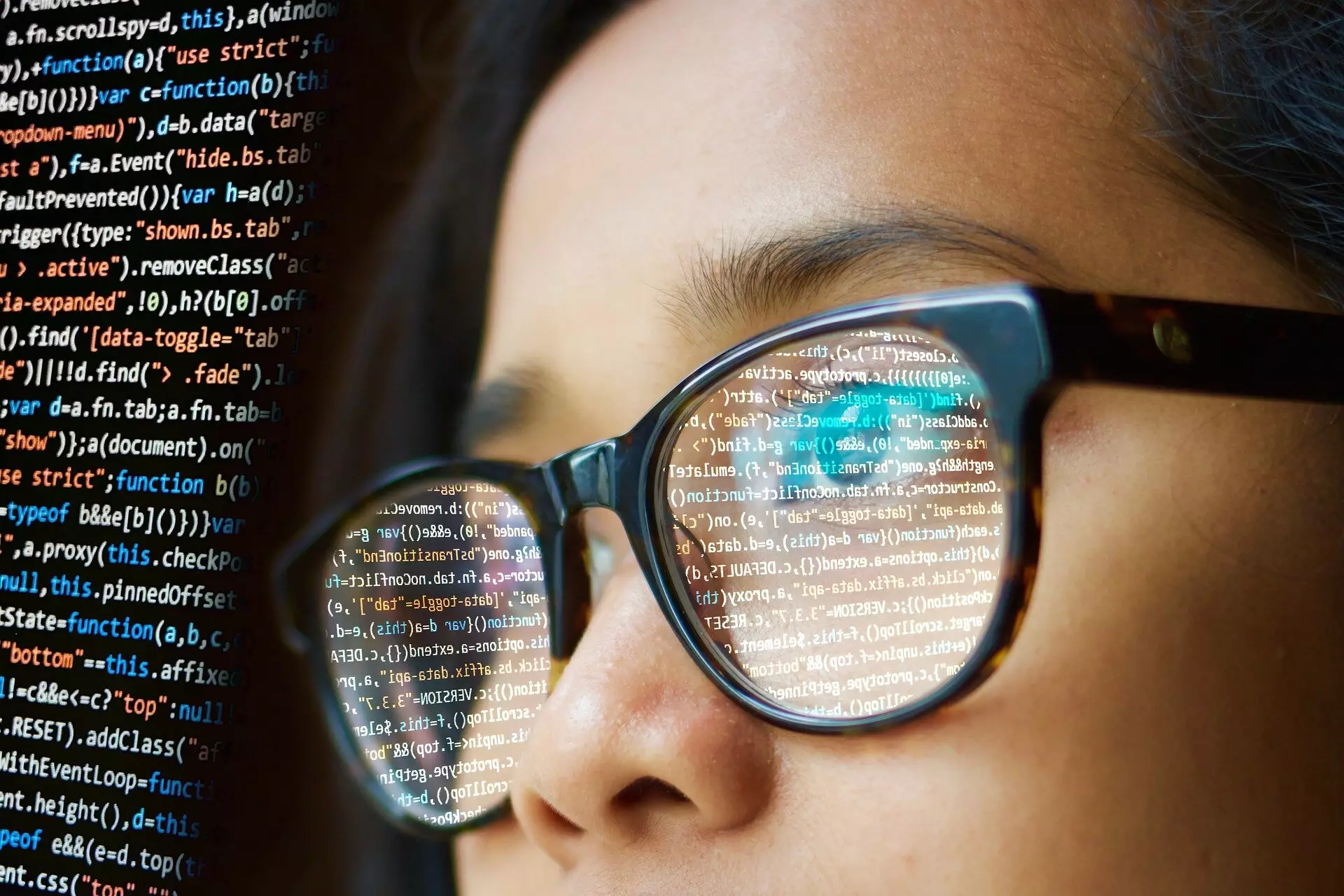A recent cross-disciplinary study conducted by researchers at Washington University in St. Louis has shed light on a surprising psychological phenomenon that occurs when individuals are informed that they are training artificial intelligence (AI) to play a bargaining game. The study reveals that participants exhibit a deliberate adjustment in their behavior to appear more fair and just, indicating a potentially significant implication for developers in the field of AI.
According to the lead author of the study, Lauren Treiman, Ph.D. student in the Division of Computational and Data Sciences, individuals show a motivation to train AI for fairness when made aware of the purpose. This finding is highly encouraging but also raises concerns about the diverse agendas that different individuals may have. Developers need to be aware that people will intentionally modify their behavior when it is used to train AI, highlighting the importance of considering the human element in AI development.
The study, published in Proceedings of the National Academy of Sciences, consisted of five experiments with approximately 200-300 participants each. The subjects were tasked with playing the “Ultimatum Game,” a challenge that involves negotiating small cash payouts with either human players or a computer. In certain instances, participants were informed that their decisions would contribute to teaching an AI bot how to play the game. Interestingly, individuals who believed they were training AI exhibited a higher tendency to seek a fair share of the payout, even at the expense of losing a few dollars.
Moreover, the study revealed that the behavior change persisted even after participants were informed that their decisions were no longer being used to train AI. This suggests that the act of shaping technology had a lasting impact on the decision-making process, indicating a potential shift in behavioral habits. While the underlying motivation for this behavior remains unclear, researchers speculate that participants may have simply been following their natural inclination to reject unfair offers.
Chien-Ju Ho, assistant professor of computer science and engineering at the McKelvey School of Engineering and co-author of the study, emphasizes the importance of considering human biases during the training of AI. Ho explains that human decisions play a crucial role in AI training and that failing to address biases can result in biased AI models. Issues such as inaccuracies in facial recognition software, particularly when identifying individuals of color, have been attributed to the biased and unrepresentative data used in AI training.
The study highlights the significant impact of human behavior on the training of artificial intelligence. The findings underscore the need for developers to consider the psychological aspects of AI development to ensure that AI models are fair, ethical, and unbiased. By recognizing the role of human decisions in AI training, developers can work towards creating more inclusive and accurate AI systems that benefit society as a whole.


Leave a Reply